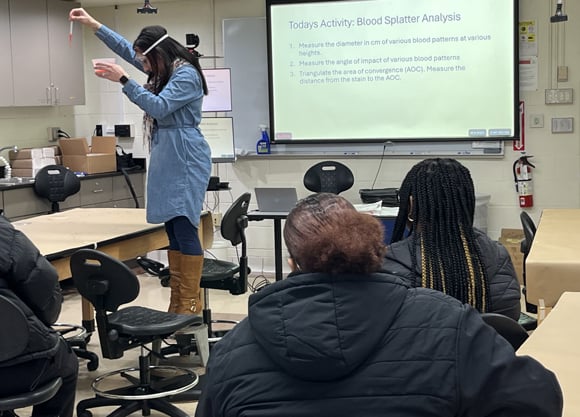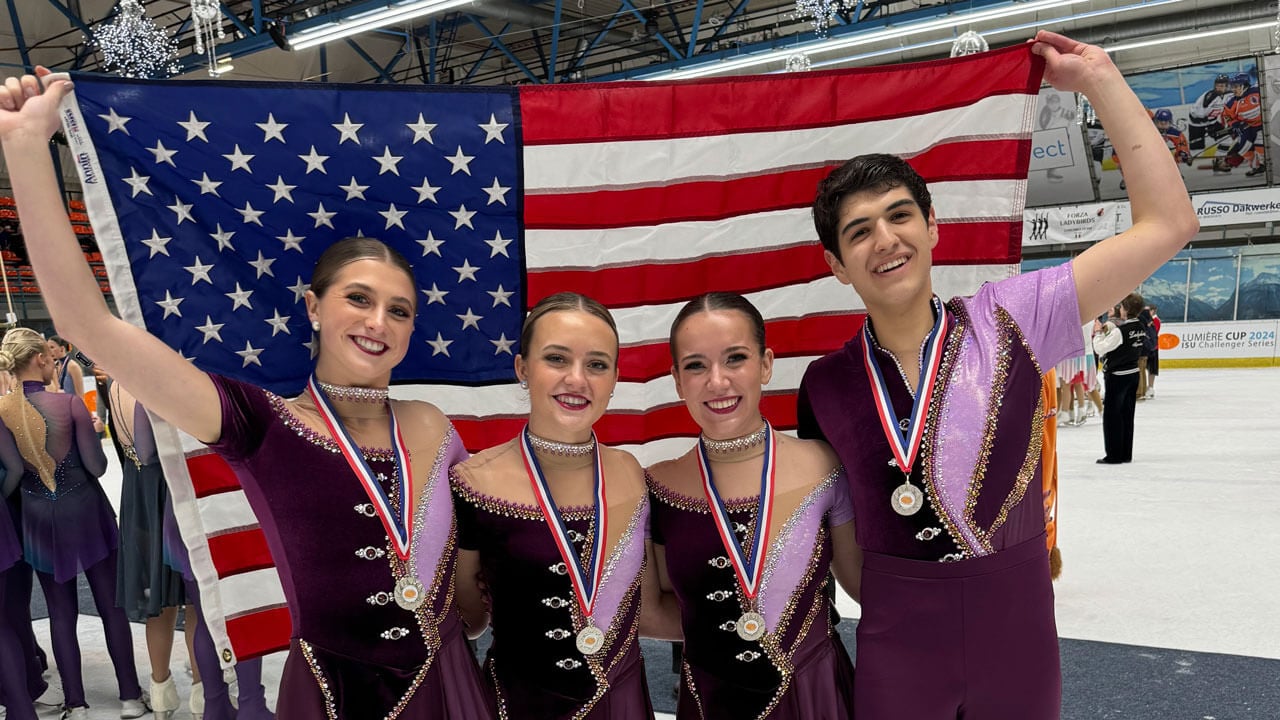

“We learn how to ride a bike by getting on and pedaling and practicing and falling off and doing it again,” Kroll said recently. “Nobody learns how to ride a bike from watching a PowerPoint, lecture-style presentation. So why do we assume that leadership is going to be best learned by a PowerPoint, lecture-style presentation?”
Kroll — who is the founder of LeadershipTrainer.org, a nonprofit dedicated to providing communities around the world with proven leadership training practices and strategies — first became passionate about the subject as an undergraduate at Quinnipiac.
A political science major who served as vice president of his class for four years, Kroll credits his extracurricular activities with shaping his views on leadership as much as any classroom experience.
Additionally, Kroll was president of Quinnipiac Hillel from his first year through his senior year and worked as an undergraduate orientation coordinator. After initially studying to become a history teacher, he credits a number of Quinnipiac administrators, including Sean Duffy, executive director of the Albert Schweitzer Institute, and Monique Drucker, vice president and dean of students, with helping him discover his passion for leadership training.
A trip to Nicaragua in 2004 positioned Kroll to develop the framework for his own leadership teachings. He’s been giving workshops abroad ever since.
“A lot of my understanding of leadership came from looking into the leadership infrastructure — or lack thereof — in Nicaragua and recognizing that when we are so rooted in these antiquated perspectives of leadership, power, position and prestige, then the focus tends to be on a what's-in-it-for-me attitude?” Kroll said.
“How can I benefit from my leadership role and power and position? That too easily leads to corrupt behaviors,” he added. “Learning leadership, training and development is really a matter of justice and equity so that more people, those who have been disadvantaged structurally and systematically, can be in positions where their voices are included.”
Kroll’s new book, which was published in November, includes hands-on training strategies and techniques that are “perfect for leadership educators — trainers, teachers, coaches— and mentors of all stripes,” although you don’t need to be in a supervisory role to benefit from a leadership education regimen, Kroll said.
“We need to reframe leadership to be more about one's authentic personhood. Who am I? What are my values? What is my vision for doing good in the world? What’s our purpose for leading? What can I do to create positive change? What are the needs of my community or my organization?” he said. “When we think about leadership in that way, we are purposefully moving away from the notion that only those in positions of power and authority are the leaders and decision-makers.”
In addition to his work with Leadership Trainer, Kroll has co-founded two leadership training businesses and is credited with running over 250 leadership training workshops and retreats. He currently serves as the program director for professional leadership studies at the University of Rhode Island.
Kroll received his master’s degree in human development from Fielding Graduate University in Santa Barbara, California, where he also earned his Ph.D. in leadership with a focus on group mentoring. He earned a second master’s degree in higher education administration from Miami University.
To purchase Kroll’s book or learn more about his work, visit LeadershipTrainer.org.
In this Article
Related Articles


Emmy winner urges arts, sciences and communications graduates to seize every opportunity with ‘purpose, passion and perseverance’
Read the full story Emmy winner urges arts, sciences and communications graduates to seize every opportunity with ‘purpose, passion and perseverance’Stay in the Loop
Quinnipiac Today is your source for what's happening throughout #BobcatNation. Sign up for our weekly email newsletter to be among the first to know about news, events and members of our Bobcat family who are making a positive difference in our world.
Sign Up Now


























